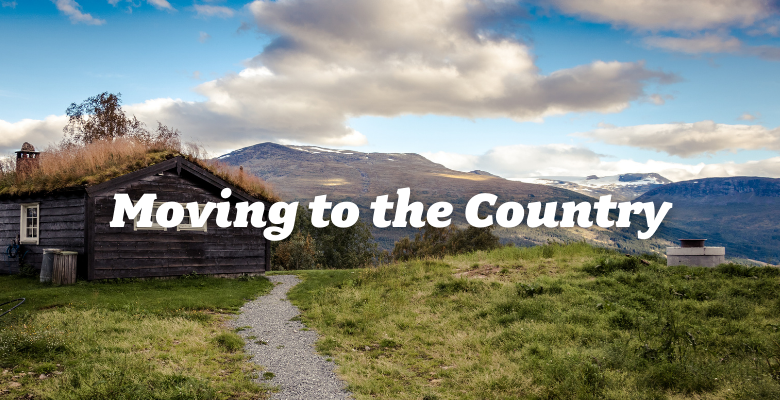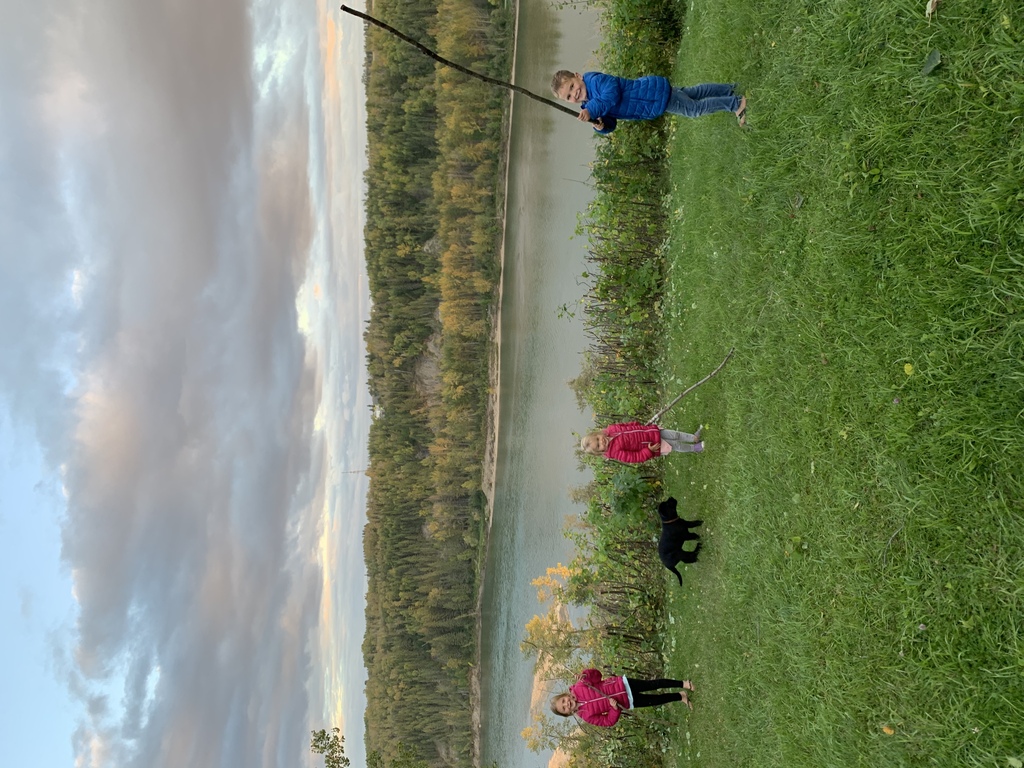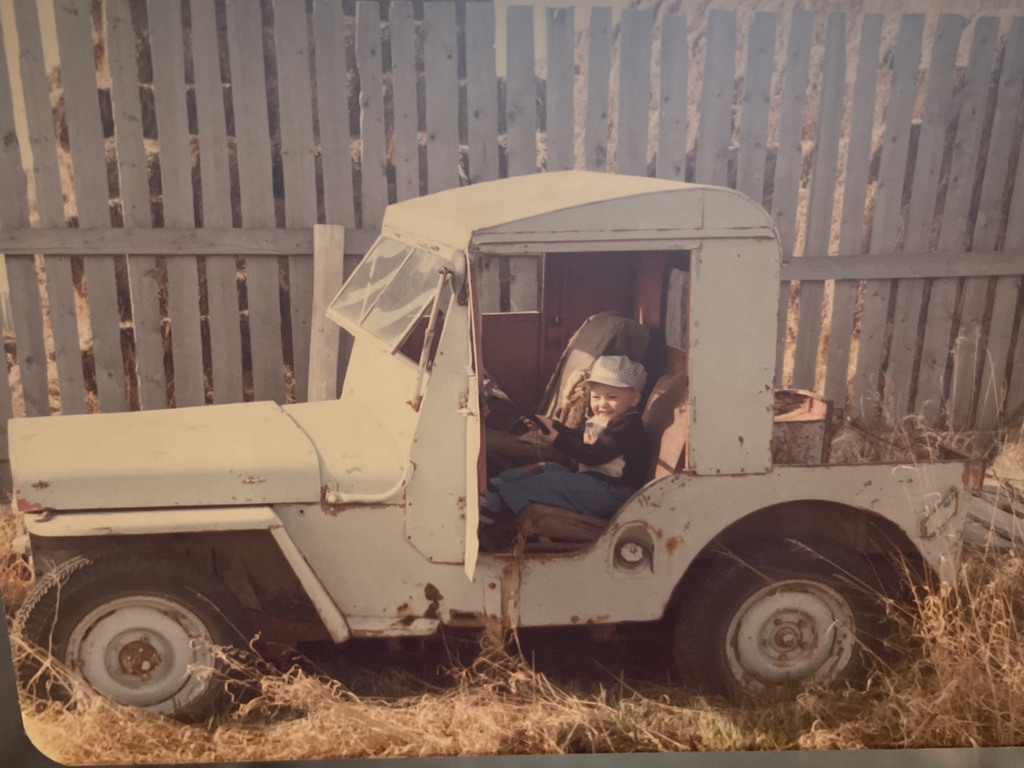
Reasons people have been making the move:
[caption id="attachment_8379" align="alignright" width="241"] Allison's family enjoying the outdoors on their acreage[/caption]
Allison's family enjoying the outdoors on their acreage[/caption]
- A desire for more space. Small yards were fine prior to covid, but then playgrounds and rec centres shut down and people wanted space to get outside, to build a home gym or office; or all of the above.
- Peace and tranquillity of being out of the city.
- Having an outdoor lifestyle - especially with outdoor gatherings. While small outdoor gatherings are now allowed in Alberta, they are not as enjoyable with neighbours looming nearby.
- People want to incorporate swimming pools, hot tubs, play yards, to ensure they can maintain their pre-covid lifestyle.
- People want to have space to build shops & garages for recreational vehicles.
How to narrow down your search
- Price and Property Size
- Home size
- What city do you want to be nearest to?
- How far from the nearest city or town are you willing to be?
- What side of the highway are you purchasing on?
- Do you want to be in or out of a subdivision?
Things to consider before purchasing a rural property
Additional Time Commitments
- How much time will you spend commuting to and from the city?
- What will you need to go in for? Work, school, extracurricular activities, groceries, takeout etc.
- Additional time spent on yard and property maintenance.
Road conditions out to the property. Some things to consider are:
- Are the roads completely paved? Or will you be driving on gravel roads? Do you have a vehicle with 4-wheel drive?
- Will your kids be driving themselves into the city - will they have to make a left turn onto a major highway? What side of the road are you purchasing on?
- Vehicle damage from driving on gravel roads.
Garbage Disposal
City folk tend to take this for granted since garbage, recycling & in many areas compost pick-up is provided by the city. In the country, you are responsible for disposing of your garbage. The three most common methods are:- You may choose to purchase a dump pass and make regular trips to the dump.
- Burning garbage. This option is less ideal when living in a subdivision as homes are closer together and it does create smelly smoke. No one wants to be the neighbour stinking up the area.
- There are also businesses that will pick up your garbage for you and take it to the dump, although this convenience does come at an additional cost.
Water & Sewage
This is another thing that city dwellers take for granted. While urban homes are built connected to the city's main water supply and sewage management systems rural home's water & sewage options are not as straightforward.Water
Rural homeowners can either source their water from a well, a cistern on a trickle system or a cistern that is filled by trucking in city water. Things to consider include:- Well-water should be tested prior to closing and some mortgage companies will require this.
- Well-water may stain your whites clothes or white sinks, toilets & showers.
- How quickly does the well replenish? This is not about how fast you can pump water out of the well, but how long it takes for the well to fill back up with water.
- Cisterns hold large amounts of stagnant water and should be emptied and cleaned before move-in and annually thereafter.
Sewage
Sewage management options will vary depending on lot size. Larger lots (farms) can utilize open discharge or lagoons which are more cost-effective options. Smaller lots will have to use either mounds, a leaching field (most expensive) or holding tanks (lowest initial investment). Holding tanks will require regular removal services, the frequency and cost of which will depend on the size of the holding tank and the amount of water you use.Schools Boundary Lines
- What school will you be zoned for?
- What is the bus service like - where will your kids be picked up? Will you get bus service?
- The school map is not as functional as other school divisions. So you will need to confirm which school your property falls in.
Internet
- Can be very unreliable, but services and options vary depending on the county.
- Beefing up your router system can be helpful as well as changing settings to prioritize your specific needs (ie - video calls for work from home)
Parking, Structures & Permits
- A lot of structures are being built without permits so that landowners can avoid paying additional taxes. This does not necessarily mean that the structures are not being planned and built professionally. But it is something that buyers need to be comfortable with and consider additional inspections to ensure the structures are safe.
- Garage suites -a lot of people are wanting to build garage suites, but you will need to be careful and find out what you can do in the county you are considering.
Restrictive Covenants
It’s important to find out what is on your title. When in doubt, you can and should contact the county directly to find out what is allowed. Counties also have blueprints (that have been registered with the county) on file. You can go to the county office and look at the blueprints.Main things that Lindsay points out to clients:
Depends on how big the property is and what the landscape is like. Walk the lot and confirm the perimeter. Fences don’t always symbolize property boundaries Where do things lie? Not just the house, but also where utilities are coming in and if you have open discharge you do not want it to be on the northwest side of your home, because you get northwest winds blowing those smells into your home.Something that Surprised Allison:
Allie was most surprised by the sense of community. Was expecting to feel lonely with a lot of isolated family time, but shortly after moving in, many neighbours reached out to welcome them and bring them gifts and just say ‘hi’.Additional Costs Associated with Buying and Living in the Country
- Rural inspections will cost more than a standard city inspection There is just more to inspect and the cost will depend on what is being inspected.
- Depending on what your inspector covers, you may need to have multiple inspections - septic and water are often separate inspections & costs.
- If on a well - should have the water tested. Some mortgage companies will require this in order to qualify you for the property.
- Water tests need to be done the same day the sample is taken.
- If you are on a cistern you will want to have it emptied and cleaned, on possession and annually thereafter.
- Maintenance Costs & Machinery. Clearing driveway, managing deadfall, hedges, you will need equipment, bobcat, quad with a blade, chainsaw, leaf blower etc.
- Machinery - your standard push mower will likely not be sufficient for maintaining multiple acres of land. Consider the land maintenance jobs and the tools you will need to accomplish them.
- Garbage Collection if you choose to hire it out.
- Taxes - Taxes are often 1.5 to 2 times higher in a subdivision than out of a subdivision.
Final thoughts and tips from our experts:
Lindsay - Make a list of items that the current owner has - ride-on-tractor, quad with a blade, garden tractor. Maybe the owners are moving to the city. Write them in. The worst they will say is no. Or maybe you will pay more but then you have all the things you need. And just because you have 10 acres - does not mean that they all need to be professionally manicured. Mow what you want to mow and let the rest go. Sara - Get a goat. Tameka - Think about lifestyle when the world is unpaused. Do you have children? Will they be registered in extracurriculars, how many times a week will you have to drive into the city? Are you willing to do that much driving? Or will you remove your kids from those activities? Something to consider. Allison - Go for a walk & talk to the neighbours. You can gain some great insights from the neighbourhood chatter. Even if you are in the country, so many people walk the range roads. This advice does work great for buying in the city as well. There are clearly a lot of considerations when purchasing a rural home, and while it can seem overwhelming, doing the work upfront means fewer surprises down the road and more time enjoying your new-found space. Working with the right professionals can help as well. Finding a realtor who has experience with rural listings, both professionally and personally and hiring an inspector who is familiar with the intricacies of acreages will help to ensure a successful transaction that won’t haunt you down the road. Even people who grew up in the country and are moving back as adults can be surprised by many of these factors, simply because their parents took care of the details.-
[caption id="attachment_8380" align="aligncenter" width="505"]
 Photo from Lindsay's childhood growing up on the farm.[/caption]
Photo from Lindsay's childhood growing up on the farm.[/caption]

Leave A Comment